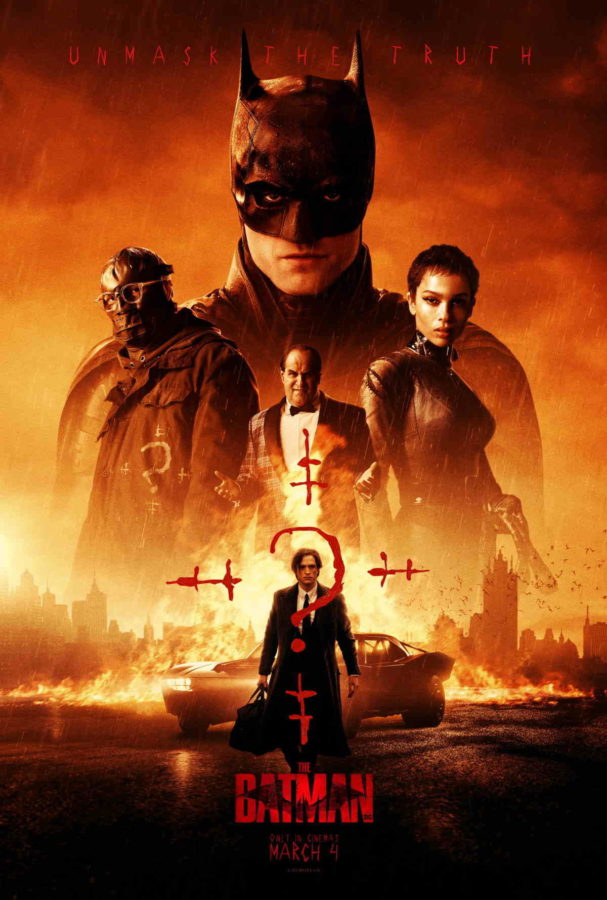After months waiting with eager anticipation and enduring endless comparisons to Stanley Kubrick’s genre changing masterpiece “2001: A Space Odyssey,” I finally got to see Christopher Nolan’s “Interstellar.”
The film takes place in a not-so distant future where the Earth is ravaged by a blight that is leaving the planet unable to adequately grow food to sustain human life, and in time the Earth’s population will die. The only option is for humanity to find a new home in another galaxy, which is made possible after the discovery of a wormhole to another galaxy.
First things first, the “2001” comparisons are fair. While Nolan’s film is incredibly different from Kubrick’s, the scopes of the stories are similar, and Nolan makes numerous nods to Kubrick’s masterpiece.
Though Nolan shows hints of the level of genius of “2001,” his film does not manage to sustain that level of performance throughout.
Interstellar is a visual delight. Like all of Nolan’s films, Interstellar shows a meticulous level of visual work and detail, which was refreshing to see. The film moved away from the dreary color palettes of Nolan’s previous work, particularly the Batman series of films, and utilized some brighter and softer colors.
The visuals do a fantastic job of providing “Interstellar” a sense of wonder as the crew of an exploratory spaceship is sent through space to find a new home. Multiple times I found myself awestruck by the immensity of space as it was displayed on the screen.
The acting in the film, particularly the strength of Matthew McConaughey as Cooper, the astronaut turned farmer who leads the mission brought life to the film. McConaughey brings believability and depth to Cooper.
I also thoroughly enjoyed the plot of the story. I enjoyed the overarching questions surrounding humanity’s role is in the universe, and I was floored by unexpected plot twists. The film stays grounded in spite of the large questions it tries to tackle through the human relationships, particularly the relationship between Cooper and his daughter, Murph.
While the film succeeds on many fronts, the devil is in the details for “Interstellar.”
I found myself being pulled out of the film as details were spelled out in their entirety, which left little subtlety in the film. Instead of things being explained on screen, the importance of the mission at hand is shoehorned into the mouths of the characters. This made me feel that as a viewer I was being dragged from point A to point B and this did not allow me to fully immerse myself in the film.
I also found that the scoring by Hans Zimmer became overbearing and distracting during key moments of the film, but this is a small issue that can probably be ignored by most.
Ultimately, “Interstellar” feels like a movie that was too preoccupied with stargazing to focus on the details. It does a fantastic job of showing the majestic mystery of the universe, but forgoes certain steps that would have set the film in the upper echelon.
































